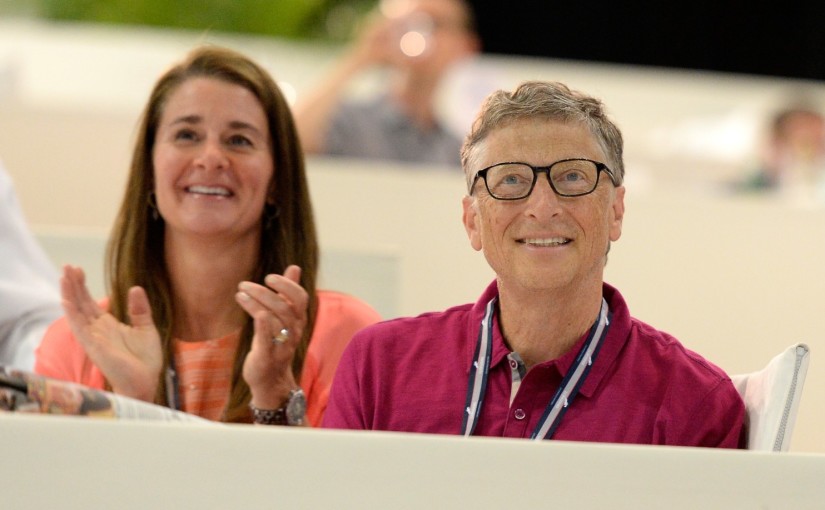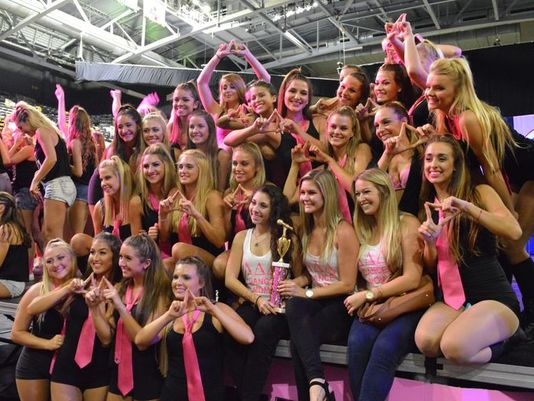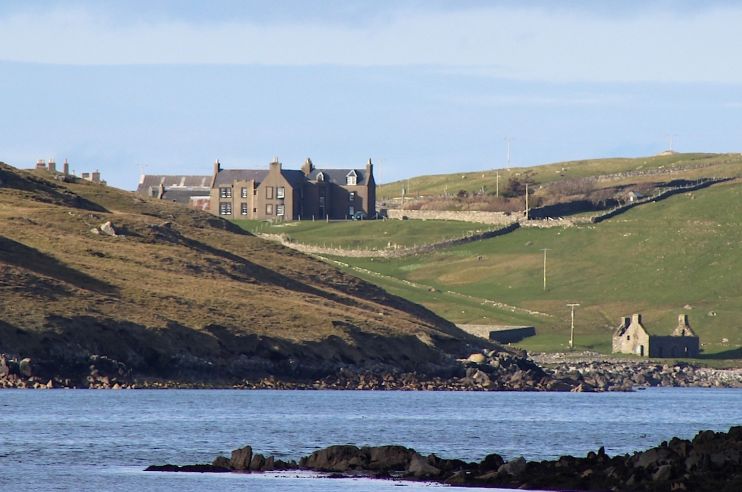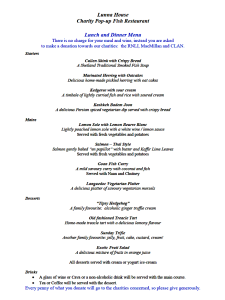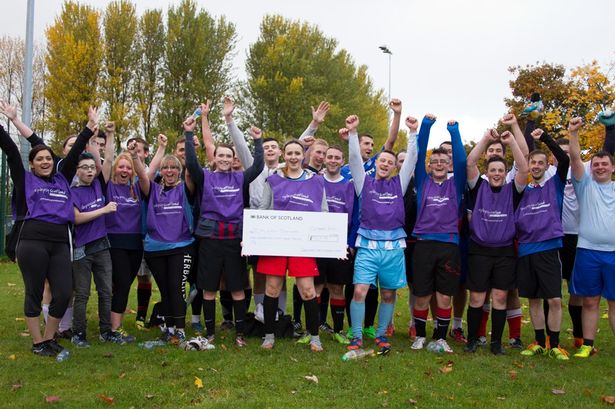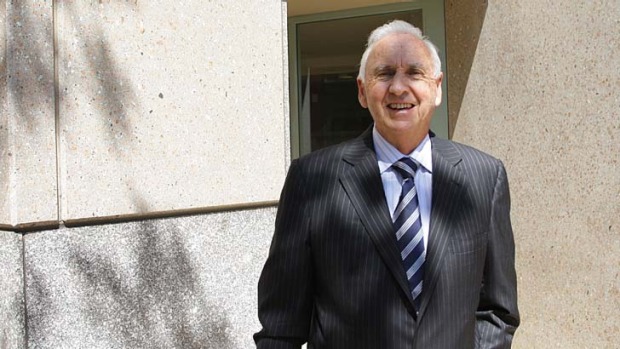Since they launched their foundation in 2000, Bill and Melinda Gates have become America’s philanthropic golden couple — giving away more than $30 billion of their wealth and saving millions of lives in the process.
But their influence goes far beyond the work of their own foundation. The pair is credited with reinventing how philanthropy is done with their focus on concete measurable goals and consensus-building between foundations, businesses, development groups and governments.
In 2010, Bill Gates teamed up with his friend Warren Buffet to launch a campaign — called The Giving Pledge — to convince other super wealthy people around the world to give away at least 50 percent of their money to charity. There are now nearly 130 billionaires with a net worth of more than $700 billion who have signed the pledge.
This year, the Gateses are rallying other global citizens — ordinary people — to get involved in charity work.
“Having individuals stand up and say I care about the rest of the world, I care about these inequalities and I’m going to hold my government accountable for what they do — that’s what we’re hoping will happen,” Melinda Gates said in a joint interview with her husband earlier this year.
This interview, one in a series of conversations with tech figures who are shaking up philanthropy, has been edited for length and clarity.
Q: This year is your foundation’s 15th anniversary. When you reflect on all the work you’ve done, what are you most proud of?
Melinda: The work in vaccines and immunizations has really been transformative in bringing down childhood deaths. The two biggest killers of children are diarrhea and pneumonia. We now have new vaccines in those two areas that we’ve been involved in getting created, bringing the prices down and trying to get the lag time down. When we got into this work, the lag time in getting a vaccine from the United States to somewhere like Kenya was 20-25 years. That’s down now to one to three years. That’s something we’re incredibly proud of.

